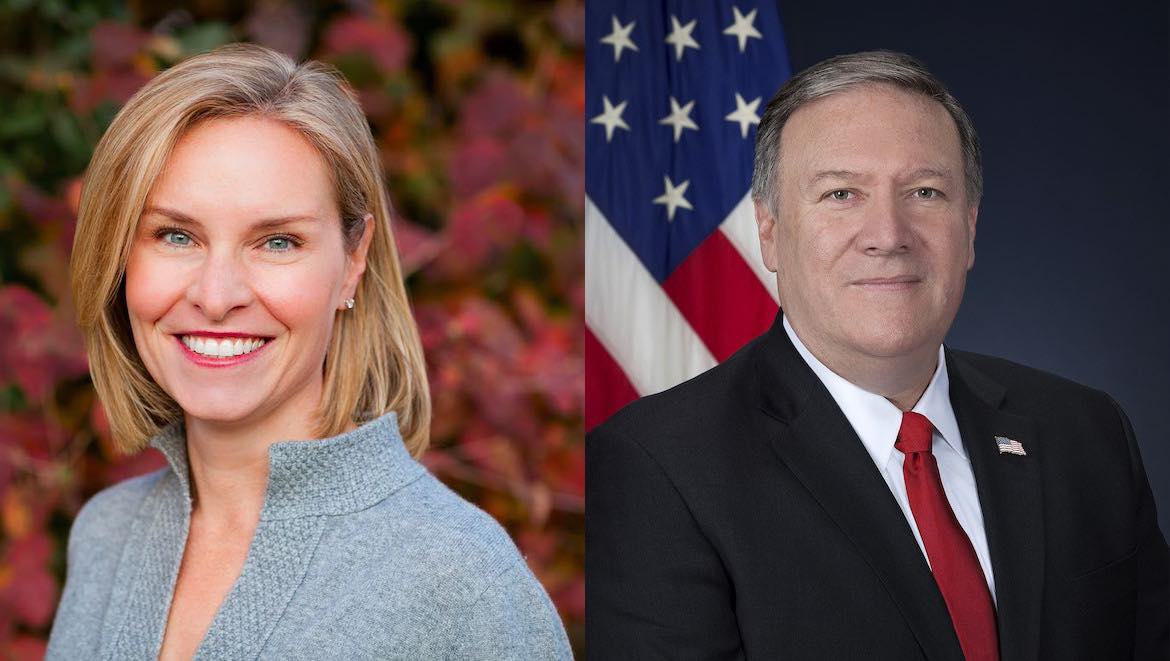NPR seeks deal to offer CRM to more stations
NPR Digital Services is negotiating with an unidentified vendor to provide cloud-computing products to member stations, potentially transforming the ways they manage their membership programs and relationships with audiences.
Bob Kempf, chief of the Boston-based NPR unit, would not identify the vendor, but acknowledges that NPR has been in close negotiations with roundCorner, a three-year-old company that specializes in designing customer relationship management (CRM) systems for nonprofit organizations. He aims to have a master services agreement with a third-party vendor in place by the end of the year, and launch a pilot program with as many as 10 stations in early 2013. NPR’s goal, he says, is to offer all member stations the opportunity to buy a license to a cloud-based, customizable CRM product later next year.
“We are not building a single platform in the sky for stations to sign on to,” Kempf says. “We are putting together an agreement so stations can get their own CRM at a favorable rate and without having to build it from scratch.”
Each station will operate its own CRM, Kempf says, retaining total ownership and control of its data. But the move to put stations’ databases on a common platform would facilitate data-sharing among interested stations.
Kempf declined to discuss costs — “It’s too early,” he says — but he promises that a vendor deal will offer stations a range of specially tailored and out-of-the-box CRMs at “competitive prices.”
In its role as a deal-broker, NPR Digital Services joins a handful of television and radio stations that are already working with roundCorner to adopt what they describe as the next generation of CRMs. These systems are aimed at integrating databases that have traditionally been scattered and siloed throughout nonprofit organizations. Within pubcasting, local stations may have more than a dozen databases — maintained separately by their marketing, fundraising, membership and event-planning departments — that can’t talk to each other, according to Deborah Lein, head of station services for DEI, the nonprofit fundraising consultancy specializing in public radio.
Cloud-based CRMs are also designed to allow easy access to reams of searchable information about members and listeners. Typically, only a handful of staff members who run the databases have access to them. The latest CRMs offer new features that incorporate web analytics, email communications and details of users’ online and mobile activities, such as through social media.
“The promise of these CRMs,” Lein says, “is a 360-degree view of supporters, tracking every transaction, every behavior — not just what they give, but what web pages they look at, what events they go to, what blog comments they made — and having all that data reside in one place.”
CRMs aren’t new, and for years pubcasters have been using some variation of them offered by companies such as Salesforce, Blackbaud and Convio, which was acquired by Blackbaud earlier this year. But in recent months, some of pubcasting’s biggest stations have stepped up efforts to adapt the latest state-of-the-art systems for themselves, and they welcomed NPR’s effort to bring some of that capacity to its members.
In July, NPR convened an informal consortium of stations that were already working with roundCorner, hoping to piggyback on their expertise and familiarity creating and implementing new CRMs. The group — which so far consists of KCRW in Santa Monica, Calif.; KQED in San Francisco; WGBH in Boston; and stations in the American Public Media Group — plans to recruit at least five other stations of varying sizes.
Stations that join the group will participate in the pilot that NPR is organizing; the consortium’s present members, each of which is already developing or operating its own CRM, will continue to share their experiences more informally.
Kempf says NPR Digital has spoken with about five vendors, including roundCorner, whose system is built exclusively on the Salesforce platform.
“We are in a position to convene stations to learn best practices, and to inform and work with a vendor to create a product,” Kempf says. “The demand for these kinds of new technologies and capabilities comes both from the stations and from their audiences.”
Many stations, he says, feel hamstrung by static or segregated database systems that keep them from developing more personalized and seamless relationships with their supporters. At the same time, he says, audiences are expecting, even demanding, simpler, personalized and more portable interactions. As the consumption of digital media grows, Kempf and others say, stations need to find and capture audiences that may be accessing public media brands on any number of digital and mobile devices.
“If Amazon can identify you when you log in by phone, or with an app, or on their website from your computer at work or home, and up pops your wish list and you can change your credit-card information or whatever all at once, we should have that same scenario,” says Tim Olson, vice president of digital media and education at KQED. “You have to ask: What do users expect? Then create a system that makes sure to engage them where they are.”
KQED has been working with roundCorner for about a year, building and customizing a CRM that is slated to launch next spring. Olson calls the work-in-progress “an evolving beast” and says he is pleased to be in consultation with other stations and to be part of NPR’s consortium.
“The market is evolving rapidly, people are expecting more and we want to be better engaged with our audiences,” Olson says. “This collaboration will help get us there.”
By the end of next year, APM will have invested close to $1 million in development and build-out of new CRMs for Miami-based Classical South Florida, Minnesota Public Radio, Southern California Public Radio and at APM itself. But Erik Nycklemoe, APM’s director of network initiatives, anticipates hefty savings on payment processing and email services will cover the annual costs of operating CRMs, and the systems are projected to significantly boost revenue from donations, grants and underwriting. A consulting company report estimates that APM and its three stations could see an increase in gifts alone of $10 million to $20 million over a six-year period.
NPR’s Kempf says that while a return-on-investment analysis will be part of next year’s pilot program, goals to help stations save money and boost revenues are driving his group’s efforts.









